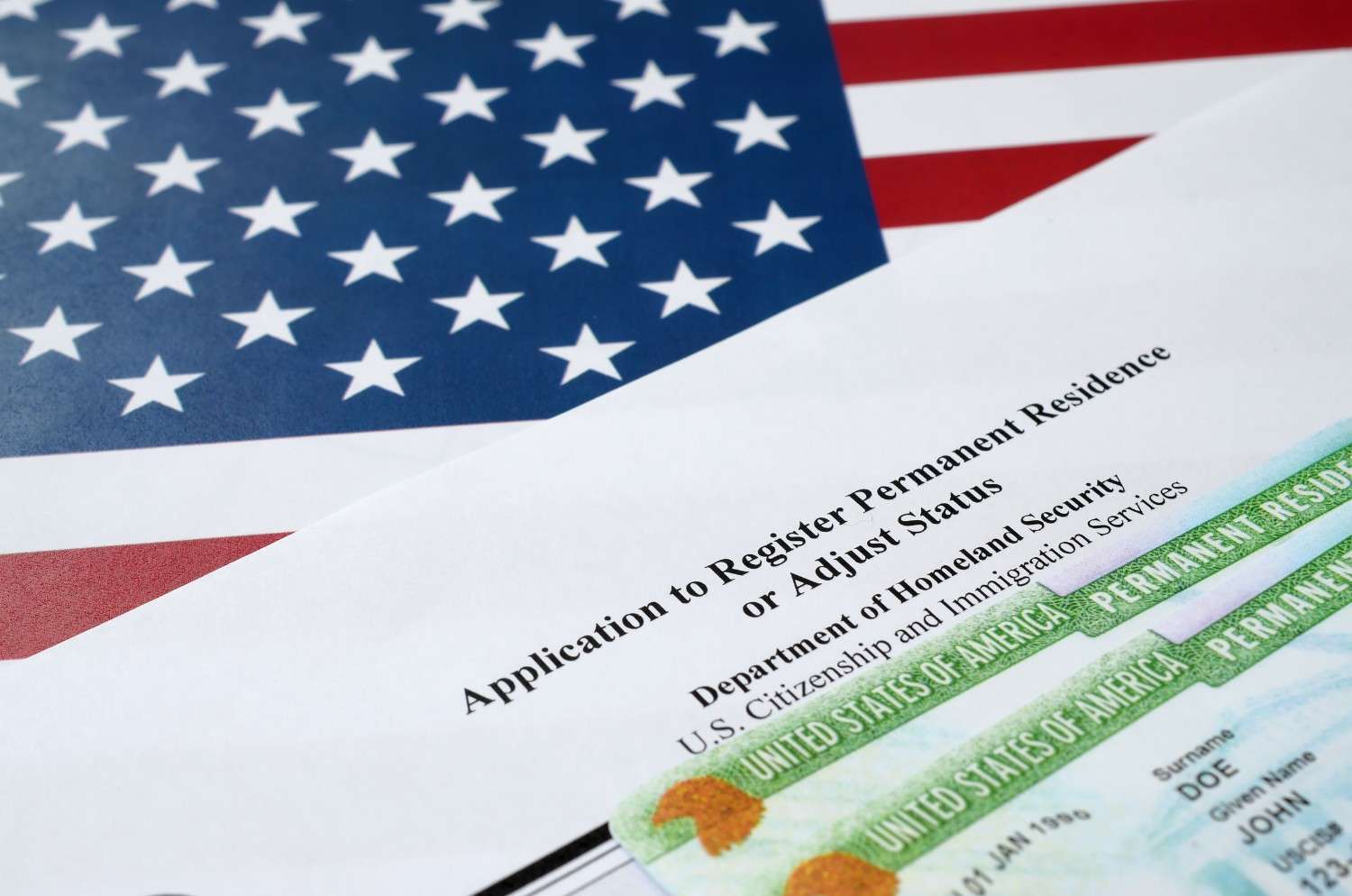The journey to obtaining Lawful Permanent Resident (LPR) status can be complex, especially when unforeseen circumstances arise. One such situation is the death of a U.S. citizen or permanent resident spouse while Form I-751, Petition to Remove Conditions on Residence, is pending. This article explores the implications, options, and necessary steps for conditional permanent residents (CPRs) facing this challenging scenario.
Key Takeaways
- Conditional permanent residents must file Form I-751 to remove conditions on their residency.
- The death of a spouse can complicate the process but does not necessarily end the path to permanent residency.
- Options include amending the petition to an individual filing and providing necessary documentation.
- Legal aid and immigration attorneys are crucial in this process.
Context
The Immigration Marriage Fraud Amendments of 1986 (IMFA) were enacted to prevent fraudulent marriages for immigration purposes. As part of this, conditional permanent residency was introduced, requiring individuals to file Form I-751 to remove conditions after two years. Understanding this context helps us appreciate the importance of ensuring genuine applicants can continue their path to citizenship, even in the face of personal loss.
Understanding Conditional Permanent Residency
Conditional permanent residency is granted to individuals who obtain their status through marriage to a U.S. citizen or LPR and have been married for less than two years at the time of admission. To remove these conditions, Form I-751 must be filed jointly with the spouse within 90 days before the two-year anniversary of obtaining CPR status.
Explains the basics of conditional permanent residency and the requirement to file Form I-751.
Impact of Spouse’s Death on Form I-751
If the U.S. citizen or permanent resident spouse dies while Form I-751 is pending, the conditional permanent resident can amend the petition to an individual filing. This requires providing a copy of the civilly registered death certificate and an English translation if necessary. The petition must demonstrate that the marriage was entered into in good faith.
Discusses the implications of a spouse’s death on the pending Form I-751.
Options for Conditional Permanent Residents
Amending the Petition:
- File an individual Form I-751 with the required documentation.
- Provide evidence of the bona fides of the marriage, such as joint financial records, affidavits from friends and family, and other relevant documents.
Seeking Legal Aid:
- Consult with an immigration attorney to ensure all paperwork is correctly completed and submitted.
- Legal aid organizations can provide support and guidance throughout the process.
Outlines the options available for conditional permanent residents after the death of their spouse.
Dos and Don’ts for Applicants
Dos:
- Do prepare thoroughly: Gather all necessary documentation and evidence of the bona fides of the marriage.
- Do seek legal advice: Consult with an immigration attorney or legal aid organization.
- Do keep records: Maintain copies of all documents submitted and received.
- Do attend all appointments: Show up on time for biometrics appointments, interviews, and other required meetings.
- Do stay informed: Keep up-to-date with any changes in immigration laws or procedures.
Don’ts:
- Don’t provide false information: Always be honest and accurate in your application and during interviews.
- Don’t miss deadlines: Submit all forms and documents within the specified timeframes.
- Don’t ignore legal advice: Follow the guidance of your attorney or legal aid provider.
- Don’t neglect preparation: Failing to prepare can result in delays or denials.
- Don’t assume eligibility: Verify that you meet all the requirements before applying.
Outlines important guidelines for applicants to follow during the naturalization process.
Legal Aid and the Need for Immigration Attorneys
The naturalization process can be complex and challenging, especially after the death of a spouse. Legal aid and immigration attorneys provide essential support, helping applicants understand requirements, complete paperwork, and prepare for interviews. Their expertise ensures that eligible individuals can successfully achieve permanent residency.
Discusses the critical role of legal aid and immigration attorneys in the naturalization process for conditional permanent residents.
Conclusion
The death of a U.S. citizen or permanent resident spouse while Form I-751 is pending can be a challenging and emotional experience. However, it does not necessarily end the path to permanent residency. By understanding the options available and seeking legal aid, conditional permanent residents can manage this difficult situation and continue their journey towards citizenship.
Frequently Asked Questions (FAQs)
What happens if my spouse dies while Form I-751 is pending?
You can amend the petition to an individual filing and provide a copy of the death certificate and evidence of the bona fides of the marriage.
What documentation is required to amend Form I-751 after a spouse’s death?
A civilly registered death certificate and an English translation if necessary, along with evidence of the bona fides of the marriage.
Can I still obtain permanent residency if my spouse dies while Form I-751 is pending?
Yes, if you can demonstrate that the marriage was entered into in good faith and provide the necessary documentation.
How can legal aid and immigration attorneys help in this situation?
They provide essential support, help with paperwork, and prepare applicants for interviews.
What are the dos and don’ts for applicants in this situation?
Do prepare thoroughly, seek legal advice, keep records, attend appointments, and stay informed. Don’t provide false information, miss deadlines, ignore legal advice, neglect preparation, or assume eligibility.
What should I do if I miss the filing deadline for Form I-751?
If your failure to file was through no fault of your own, you may file your petition late with a written explanation and request that USCIS excuse the late filing.
Authors: Jonathan Wasden & Justin Rivera, Immigration Attorneys
How useful was this post?
Click on a star to rate it!









